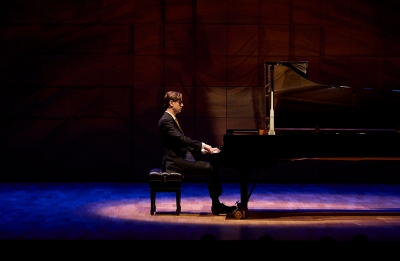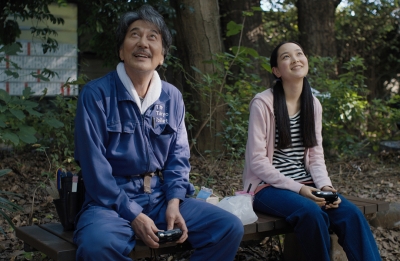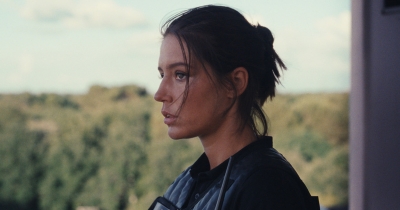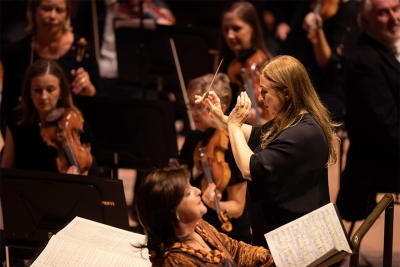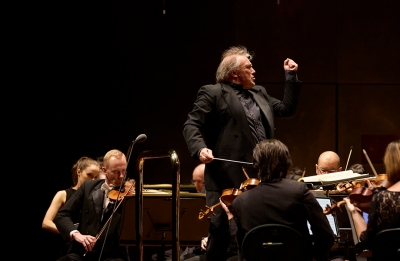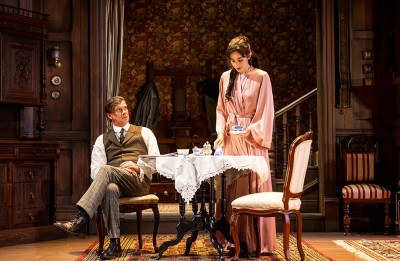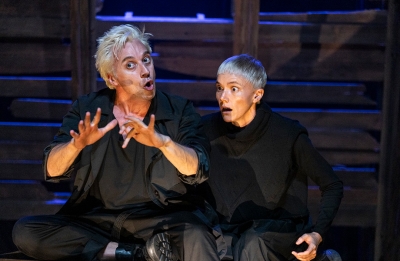Recent reviews
Film | Theatre | Art | Opera | Music | Television | Festivals
Welcome to ABR Arts, home to some of Australia's best arts journalism. We review film, theatre, opera, music, television, art exhibitions – and more. To read ABR Arts articles in full, subscribe to ABR or take out an ABR Arts subscription. Both packages give full access to our arts reviews the moment they are published online and to our extensive arts archive.
Meanwhile, the ABR Arts e-newsletter, published every second Tuesday, will keep you up-to-date as to our recent arts reviews.
Recent reviews
Monday evening saw a curious pairing of repertoire and performers at the Melbourne Recital Centre. Part One was a program of English consort music of the sixteenth and seventeenth centuries played by the local viol ensemble Consortium, while Part Two featured Icelandic pianist Víkingur Ólafsson playing Bach’s Goldberg Variations.
... (read more)The Alliance Française French Film Festival, the world’s largest showcase of French cinema outside of France, returns in 2024 for its thirty-fifth edition, with its usual eclectic mix of films from arthouse to mainstream cinema. Francophiles and cinephiles alike can see films from a range of genres, including drama, romantic comedy, social comedy, thriller, and historical biopic – from renowned directors like Marcel Carné and Olivier Nakache and Éric Toledano, to newcomers like Marie Amachoukeli. This year’s festival features the usual big names in French cinema – Catherine Deneuve, Isabelle Huppert, Daniel Auteuil, Laure Calamy, and Mathieu Almaric – alongside some excellent début performances. Here are some of the highlights.
... (read more)What is Gurrelieder? Arnold Schoenberg’s massive cantata, or oratorio, or symphonic psychodrama, is technically a song cycle, presenting ‘Songs of Gurre’, a small Danish settlement best known for its crumbling medieval castle. A five-part sequence of naturalist poems, by the Danish ‘Modern Breakthrough’ writer and botanist Jens Peter Jacobsen, became the text of Schoenberg’s cycle, in a lacklustre German translation by Robert Franz Arnold, to which Schoenberg made few revisions.
... (read more)Famously, Gustav Mahler once told Jean Sibelius that ‘[a] symphony must be like the world – it must contain everything.’ Running for more than ninety minutes, indeed often cited as the longest symphonic work in the standard orchestral repertoire, his third essay in this genre (first performed in its entirety in 1902, conducted by Mahler) arguably gets closest to realising such an ambition. The composer suggested, furthermore, that the work was inspired by the contemplation of a soul’s journey from the natural world to the spiritual, no less.
... (read more)



